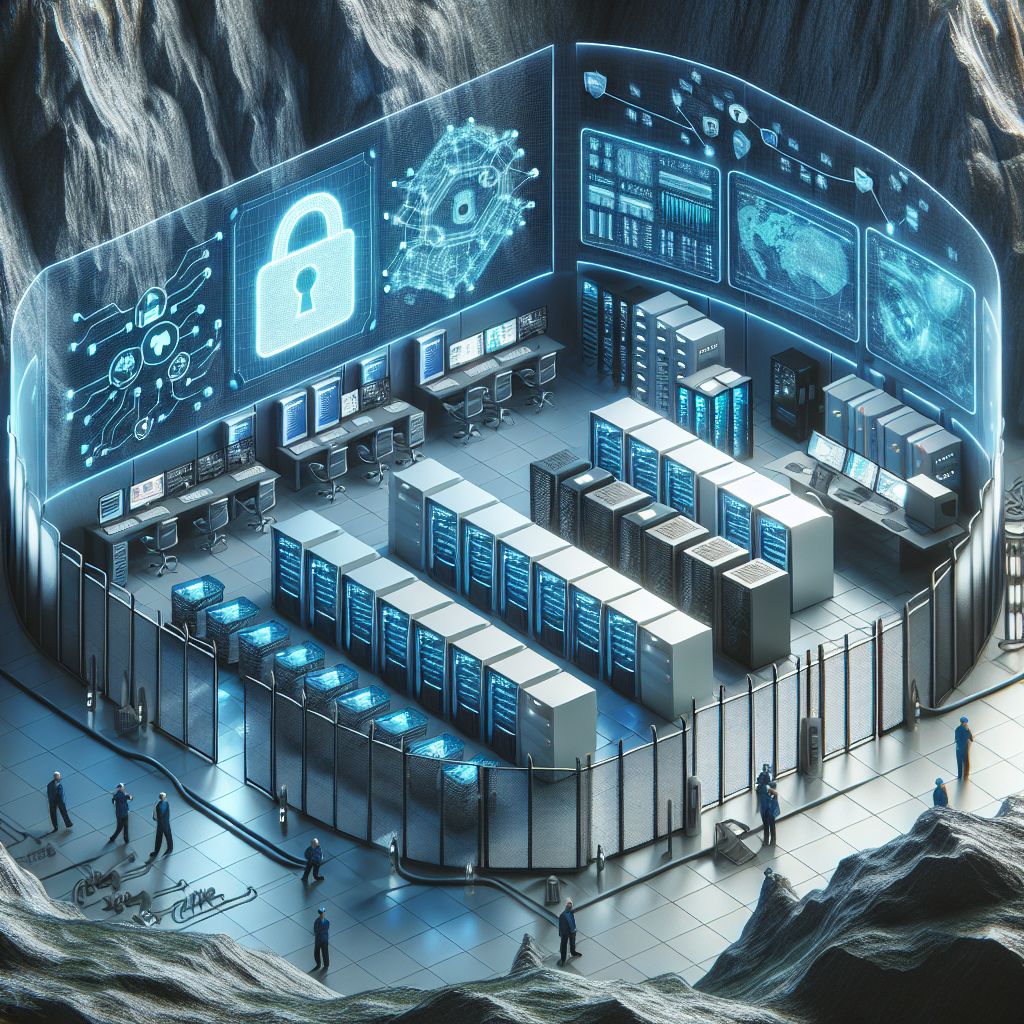Fix today. Protect forever.
Secure your devices with the #1 malware removal and protection software
Data centers are essential for storing and managing large amounts of data for businesses, organizations, and individuals. With the increasing reliance on technology and data, the security of data centers has become a critical concern. Identifying and addressing potential risks is crucial to ensuring the safety and integrity of the data stored in these facilities.
One of the main risks facing data centers is physical security. Unauthorized access to a data center can result in theft, vandalism, or sabotage of critical data and infrastructure. To address this risk, data center operators should implement strict access controls, such as biometric authentication, key card systems, and surveillance cameras. Additionally, data centers should be located in secure buildings with 24/7 security personnel to prevent unauthorized access.
Another major risk to data centers is cybersecurity threats. Hackers and cybercriminals are constantly looking for vulnerabilities in data center systems to access sensitive information or disrupt operations. To mitigate this risk, data center operators should implement robust cybersecurity measures, such as firewalls, encryption, intrusion detection systems, and regular security audits. Additionally, employees should receive training on cybersecurity best practices to prevent social engineering attacks and phishing scams.
Natural disasters, such as fires, floods, and earthquakes, pose a significant risk to data centers. In the event of a natural disaster, data centers can suffer downtime, data loss, and damage to infrastructure. To address this risk, data center operators should implement disaster recovery and business continuity plans. This includes redundant systems, backup power supplies, and offsite data backups to ensure that data can be recovered in the event of a disaster.
Physical infrastructure failures, such as power outages, cooling system failures, and equipment malfunctions, can also pose a risk to data centers. To address this risk, data center operators should regularly maintain and test their infrastructure to identify and address potential issues before they cause downtime or data loss. Additionally, data centers should have backup power supplies, such as generators and uninterruptible power supplies, to ensure continuous operation in the event of a power outage.
In conclusion, identifying and addressing potential risks is essential for ensuring the security and integrity of data centers. By implementing strict physical security measures, robust cybersecurity practices, disaster recovery plans, and regular infrastructure maintenance, data center operators can protect their data and operations from a wide range of threats. By taking proactive measures to address these risks, data centers can continue to serve as reliable and secure facilities for storing and managing critical data.
Fix today. Protect forever.
Secure your devices with the #1 malware removal and protection software

Leave a Reply
You must be logged in to post a comment.